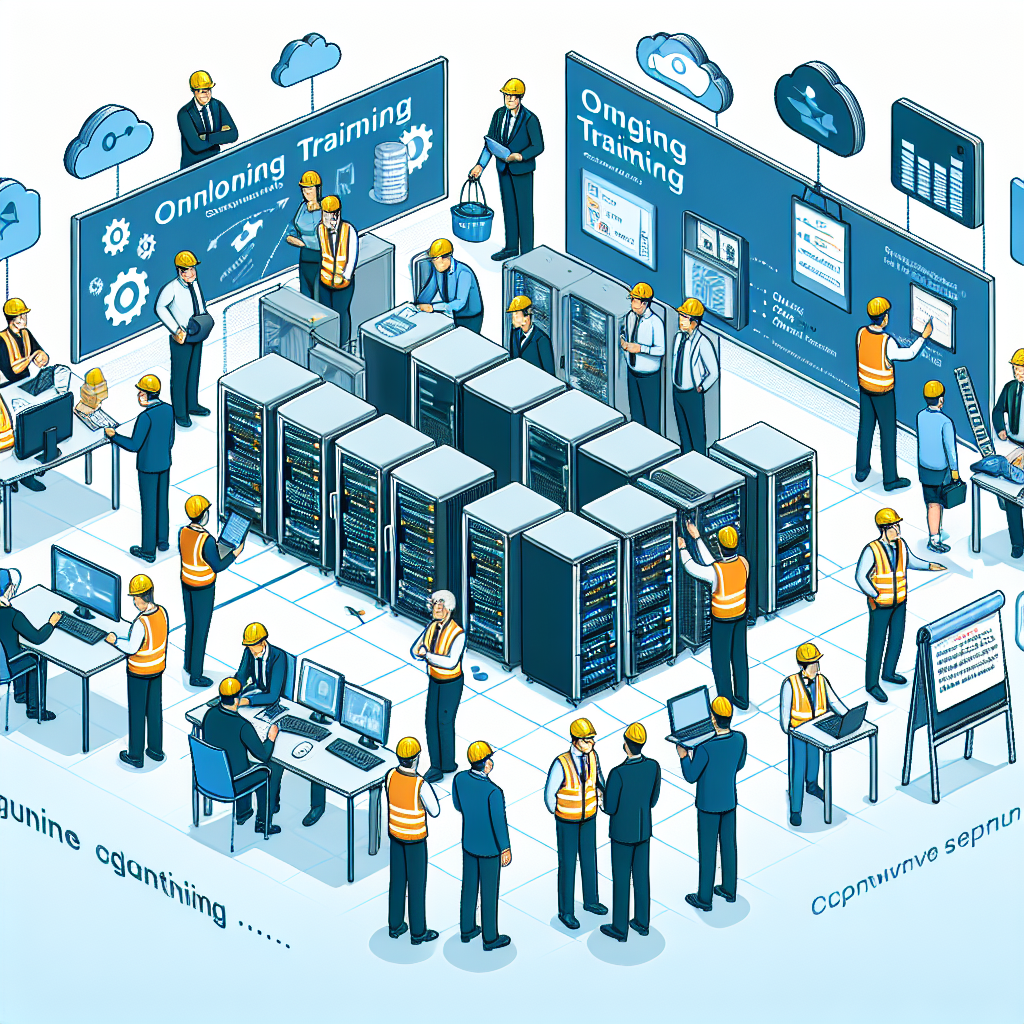In today’s rapidly evolving technological landscape, data centers play a crucial role in storing, processing, and managing vast amounts of data. As businesses increasingly rely on data to drive their operations, it is essential to future-proof data centers to ensure they can meet the growing demands of the digital age. One key aspect of future-proofing a data center is ongoing servicing and upgrades.
Data centers are complex environments with multiple components that require regular maintenance and upgrades to ensure optimal performance and efficiency. By investing in ongoing servicing and upgrades, businesses can ensure that their data centers remain resilient, secure, and scalable in the face of changing technology trends and business needs.
One of the key benefits of ongoing servicing and upgrades is the ability to address potential issues before they escalate into major problems. Regular maintenance checks can help identify and resolve issues such as cooling system failures, power outages, and hardware malfunctions before they impact data center performance. Upgrades, on the other hand, can help enhance data center capabilities and keep up with the latest technological advancements.
Moreover, ongoing servicing and upgrades can help businesses optimize their data center infrastructure for improved efficiency and cost savings. By regularly monitoring and optimizing power and cooling systems, businesses can reduce energy consumption and lower operational costs. Upgrades to hardware and software components can also help improve data processing speeds, storage capacity, and overall performance, leading to better productivity and customer satisfaction.
In addition, ongoing servicing and upgrades can help businesses stay compliant with industry regulations and security standards. As data privacy and security concerns continue to grow, it is crucial for businesses to ensure that their data centers meet the latest security requirements and protocols. Regular upgrades to security systems and software can help safeguard sensitive data and protect against cyber threats.
Overall, ongoing servicing and upgrades play a vital role in future-proofing data centers and ensuring their longevity and effectiveness in a rapidly changing digital landscape. By investing in regular maintenance and upgrades, businesses can optimize data center performance, enhance security, and stay ahead of the curve in the competitive business environment. Ultimately, future-proofing data centers through ongoing servicing and upgrades is essential for businesses looking to harness the power of data and drive innovation in the digital age.






